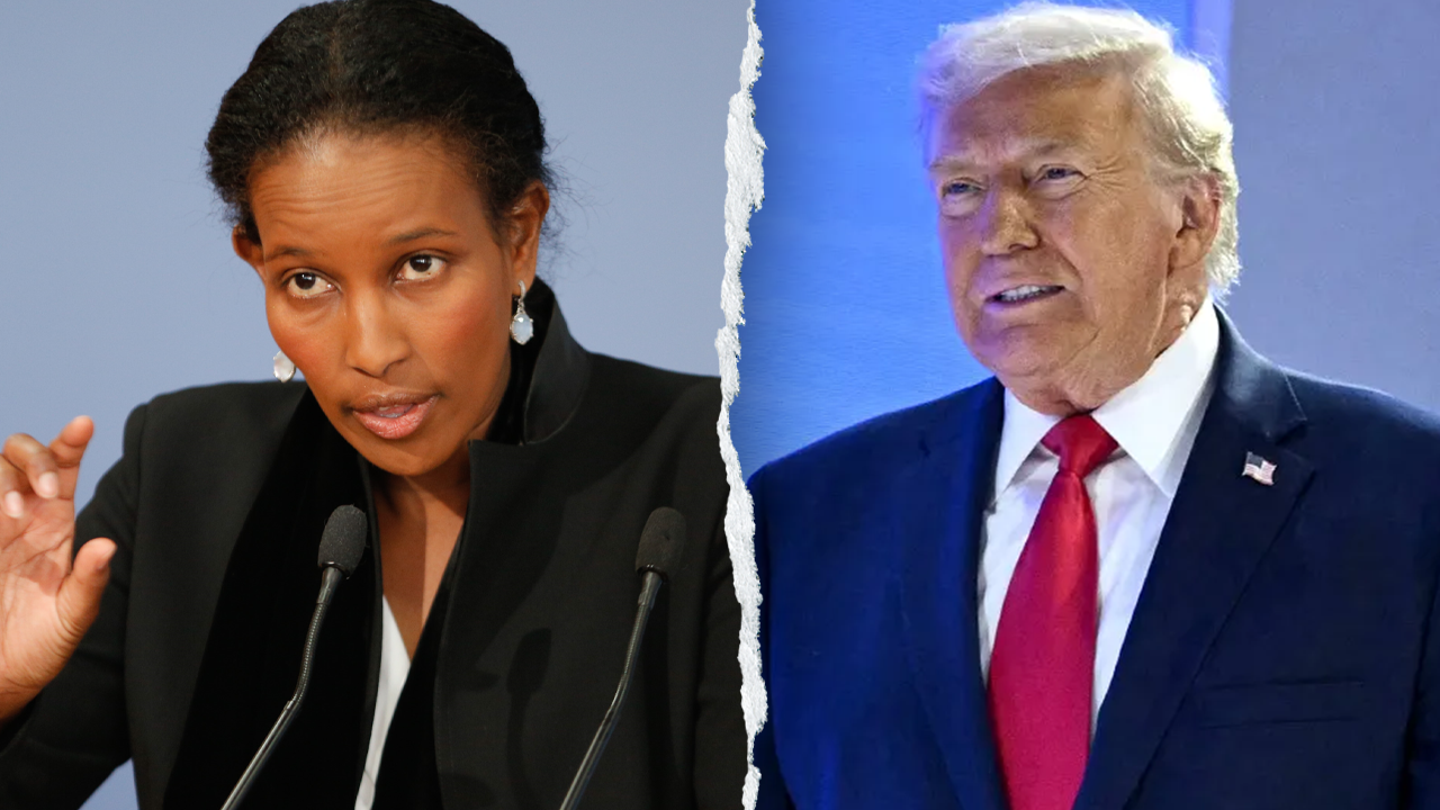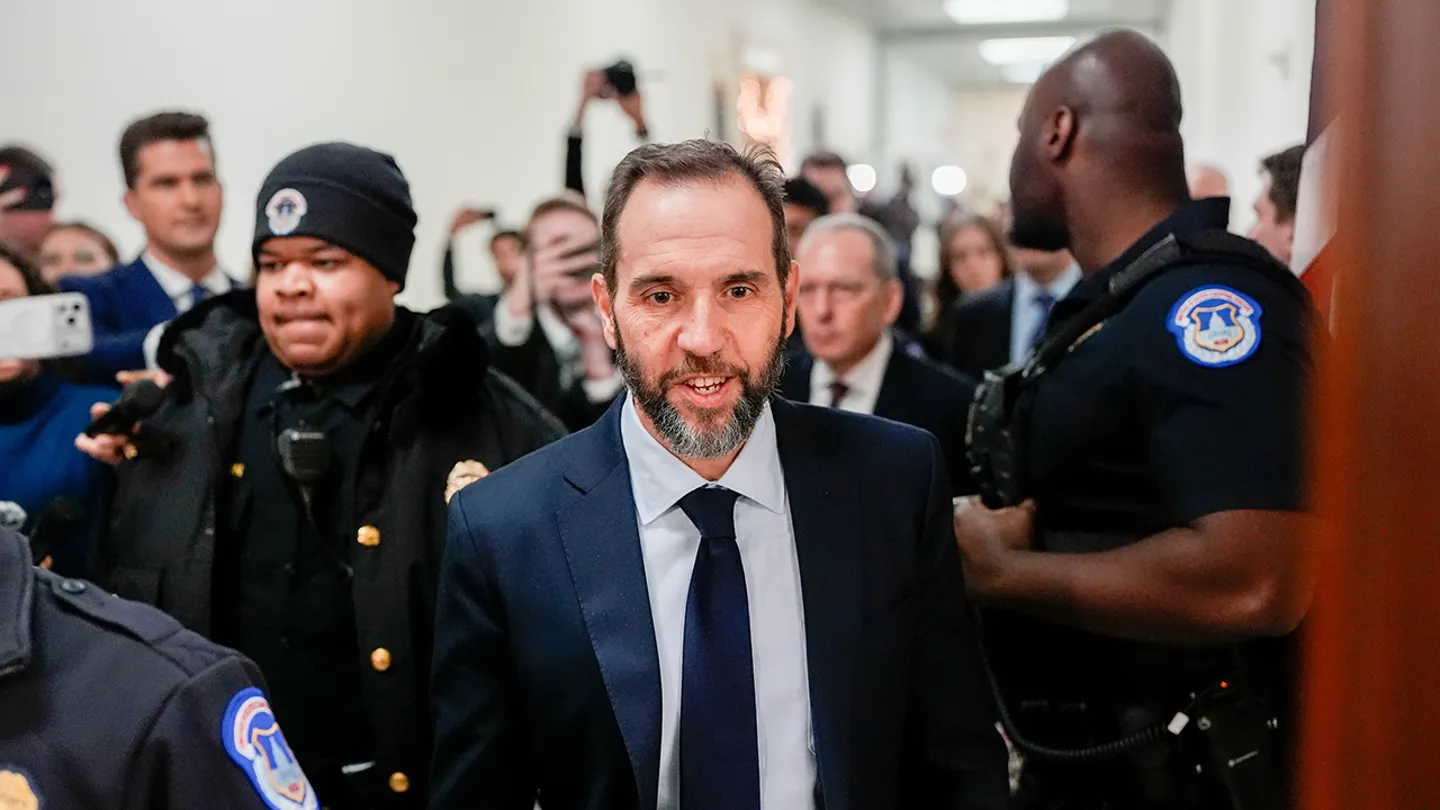WASHINGTON, Sept 29 (Reuters) – Hardline Republicans in the U.S. House of Representatives on Friday rejected a bill proposed by their leader to temporarily fund the government, making it all but certain that federal agencies will partially shut down beginning on Sunday.
In a 232-198 vote, the House defeated a measure that would extend government funding by 30 days and avert a shutdown. That bill would have slashed spending and restricted immigration, Republican priorities that had little chance of passing the Democratic-controlled Senate.
The defeat left Republicans – who control the chamber by 221-212 – without a clear strategy to avert a shutdown that would close national parks, disrupt pay for up to 4 million federal workers and hobble everything from financial oversight to scientific research if funding is not extended past 12:01 a.m. ET (0401 GMT) on Sunday.
After the vote, House Speaker Kevin McCarthy said the chamber might still pass a funding extension without the conservative policies that had alienated Democrats. But he declined to say what would happen next. The chamber is expected to hold more votes on Saturday.
“It’s only a failure if you quit,” he told reporters.
It was not clear whether the Senate would act in time, either. The chamber was due on Saturday afternoon to take up a bipartisan bill that would fund the government through Nov. 17, but procedural hurdles could delay a final vote until Tuesday.
U.S. Treasury Secretary Janet Yellen said on Friday that a government shutdown would “undermine” U.S. economic progress by idling programs for small businesses and children and could delay major infrastructure improvements.
The shutdown would be the fourth in a decade and just four months after a similar standoff brought the federal government within days of defaulting on its $31 trillion debt. The repeated brinkmanship has raised worries on Wall Street, where the Moody’s ratings agency has warned it could damage U.S. creditworthiness.
Biden warned that a shutdown could take a heavy toll on the armed forces.
“We can’t be playing politics while our troops stand in the breach. It’s an absolute dereliction of duty,” Biden, a Democrat, said at a retirement ceremony for Mark Milley, a senior general.
McCarthy had hoped the Republican spending bill’s border provisions would have won over holdouts who so far have defied efforts to avert a shutdown.
In the end, 21 hardline House Republicans sided with Democrats to defeat the measure.
“There are members who don’t care whether the government stays open or it shuts down,” said Republican Representative Kat Cammack told reporters. “The ones that I believe are OK with a shutdown have never been through a shutdown.”
Holdouts say Congress should focus on writing detailed spending bills that would cover the entire fiscal year, rather than temporary extensions, even if doing so prompts a shutdown. The House has passed four full-year bills so far, though they stand no chance of winning Senate approval.
“What does work is rolling up our sleeves and getting onto these single subject bills and moving them,” Representative Matt Gaetz said on a podcast after voting against the stopgap bill on Friday.
Other Republicans said they would probably have to work with Democrats to pass a stopgap bill that could win approval in the Senate and from Biden. “Some people are missing the obvious,” said Republican Representative Don Bacon.
McCarthy said he was considering that approach but would not accept additional aid to Ukraine that Biden has requested and lawmakers in the Senate are including in their stopgap bill.
Former President Donald Trump, Biden’s likely election opponent in 2024, criticized Senate Republicans for working with Democrats.
Gaetz and a handful of other hardliners have threatened to oust McCarthy from his leadership role if he relies on Democratic votes.
“We’re in the middle of a Republican civil war that has been going on for months, and now threatens a catastrophic government shutdown,” top House Democrat Hakeem Jeffries told reporters.
McCarthy and Biden in June agreed to a deal that would have set agency spending at $1.59 trillion in fiscal 2024, but hardliners like Gaetz say that figure should be $120 billion lower. Lawmakers are not considering cuts to popular benefit programs such as Social Security and Medicare that make up a larger portion of the government’s $6.4 trillion budget.




